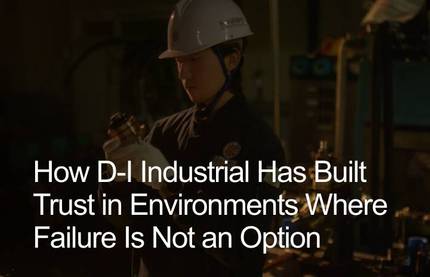WSC Calls for Strengthened Commitment on Renewable Fuels
The European Commission's recommendation for the EU's 2040 climate targets, calling for a 90% net GHG emission reduction, are ambitious and critically important, especially following updates suggesting that EU 2030 goals may not be met, says the World Shipping Council (WSC).
The climate targets point to the importance of providing renewable marine fuels for maritime sector decarbonization. Committing the EU to production of zero-GHG fuel pathways is essential, not least because European Member States account for one-fifth of global shipping energy sales, said WSC.
Meeting 2040 goals must lead to new energy production facilities to supply the maritime sector with zero-GHG fuels, which will demand substantial financial investment. Additionally, the rollout of infrastructure to support the adoption and distribution of these alternative fuels across the sector is crucial.
“EU policymakers need to translate these regional goals into increased national commitments to produce the fuels required by EU regulations like FuelEU Maritime,” says James Corbett, WSC Environmental Director, Europe. “The liner sector is already investing in the vessel technologies to use renewable marine fuels, and global decarbonization for all of shipping depends upon EU leadership in reaching international agreement at the IMO MEPC.”
Reaching agreement on a Global Fuel Standard and the establishment of a GHG pricing mechanism at the IMO level requires European leadership beyond regional 2040 climate targets. Such measures are critical for creating a consistent and fair framework for the global shipping industry to innovate and invest in zero-emission solutions.
The WSC urges the European Commission and international partners to develop the targets into a clear plan for the scale of investment and regulatory support needed to facilitate this transition. “Only through coordinated global action and the establishment of conducive policy frameworks can we ensure the maritime industry's successful move towards a zero-GHG future, in alignment with our shared climate objectives.”















